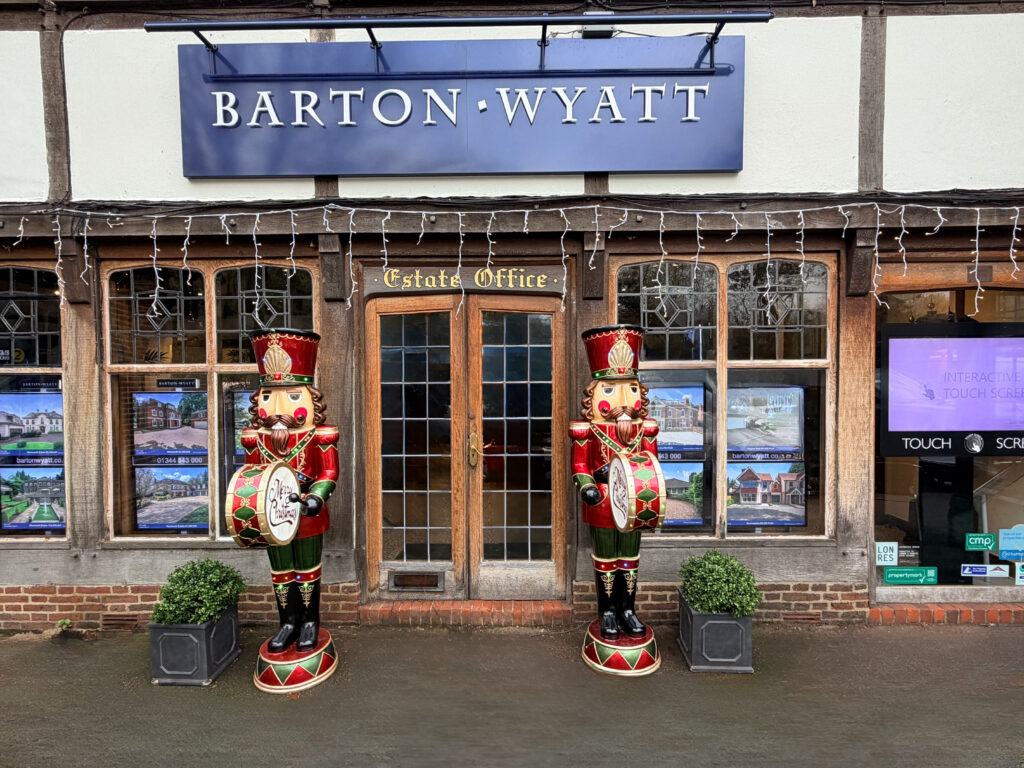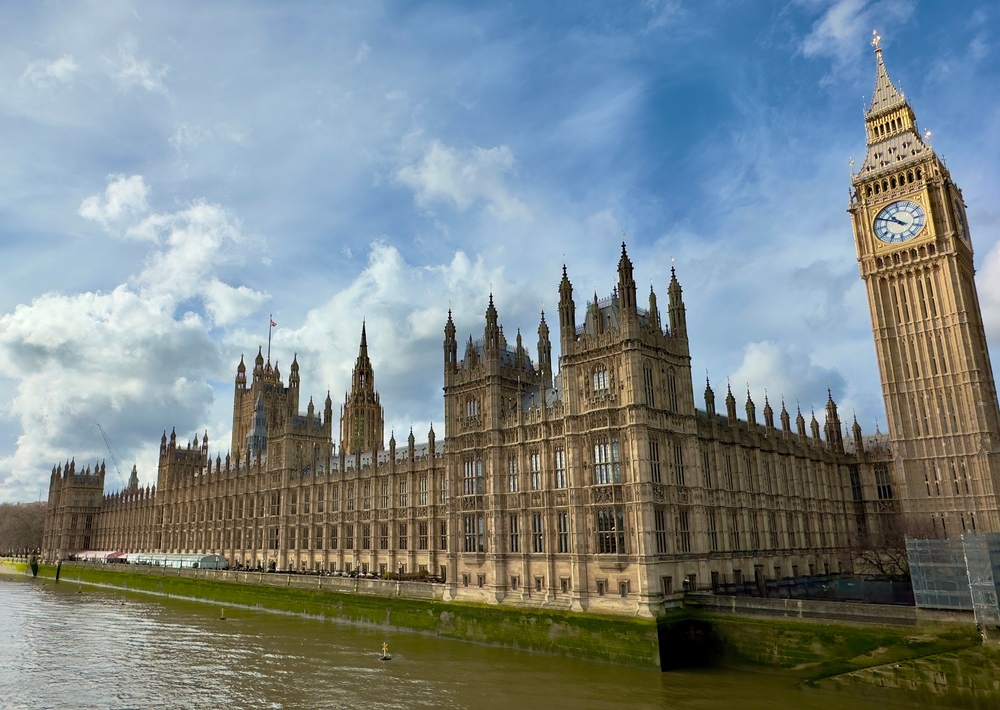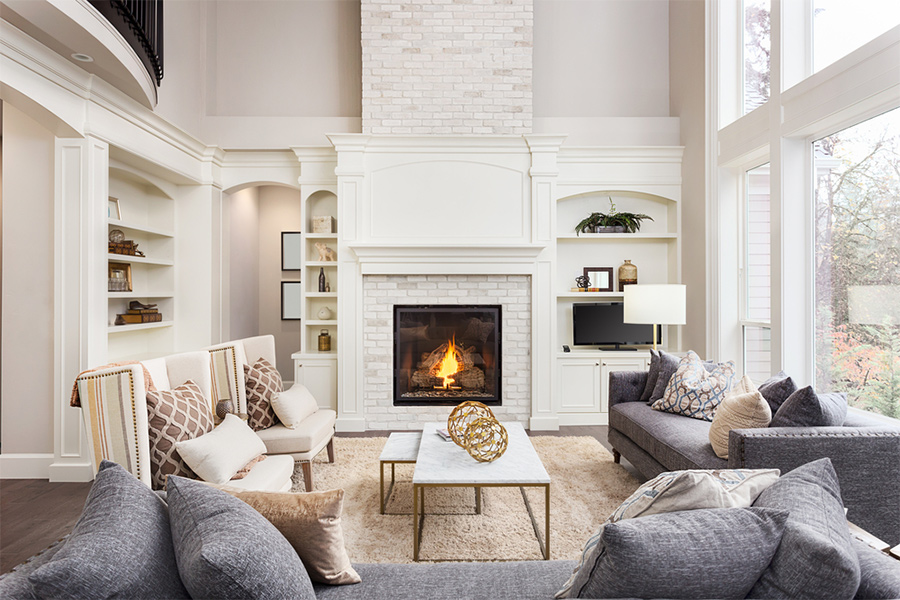If you’re a landlord there are a huge number of things you need to prepare for when renting your property out. The financial and moral landscape for those investing in property has changed dramatically over the last 10 years, none more so than in the last 36 months. If you are an independent landlord who manages your own portfolio of properties, the amount of new legislation and responsibility can be overwhelming.
As the leading independent lettings agent in Virginia Water and the surrounding areas, we take our landlords’ concerns seriously and endeavour to keep them well informed about all aspects of landlord life.
Remember, if you’re thinking of moving to this area in the new year, take some time to browse our properties for sale in Virginia Water and the surrounding areas. If you have any questions, you can also visit our award-winning website or call us on 01344 843000 and email us.
What is legionella?
There are a number of illnesses caused by legionella bacteria. Some are mild and generally nothing to worry about for fit and healthy people, but Legionnaire’s Disease can be fatal. Legionnaire’s disease is a pneumonia-like disease commonly caused by the inhalation of small droplets of contaminated water.
Legionella bacteria are widespread in natural water systems e.g., rivers and ponds. However, the conditions are rarely right for people to catch the disease from these sources. Outbreaks of the illness occur from exposure to legionella growing in purpose-built systems where water is maintained at a temperature high enough to encourage growth e.g., cooling towers, evaporative condensers, hot and cold-water systems, and spa pools used in all sorts of premises (work and domestic).
What must landlords do?
As part of a landlord’s responsibility to the safety and suitability of their rented property, you must assess and control the risk of exposure. This is typically done by undertaking a risk assessment.
Typical control measures can include:
- Flushing out the water system before letting the property
- Ensure cold water tanks have a tight lid to stop debris from getting into the system.
- Setting control parameters to ensure water is stored at the correct temperature:
- Hot water should be stored at 60°C or higher and should be distributed at 50°C.
- Cold water should be stored and distributed below 20°C.
- Remove any unused pipework.
Stay informed
One of the most common issues landlords face is when a tenant doesn’t know the situation or the risks of not staying on top of the points above. It is important for landlords to ensure that all tenants are kept informed of any control measures in place to combat legionella; and that they should inform the landlord if problems occur with the water system occur. Tenants should be discouraged from touching any hot water settings throughout the tenancy without the knowledge of the landlord.
As tenants, if you have been away from the property, upon arrival you should run all taps including showers for at least two minutes. It is also advised that tenants regularly clean and disinfect/descale showerheads.
Risk assessment
Measuring the risk of your property doesn’t take any specialist training or qualifications and landlords can conduct the risk assessment themselves. There are, however, companies that offer this service but a landlord is not required, by law to provide a Legionella test certificate.
Record keeping and checks
One of the most important things you need to keep on top of as a landlord is your record-keeping and it’s no different in this instance. You should keep all records of any assessment and follow-up checks, just the same as you do when undertaking annual gas safety checks or routine maintenance visits.
Landlords who provide residential accommodation have a legal duty of care to ensure that the risk of exposure of tenants to legionella is properly assessed and controlled. We recommend that landlords have the risk assessment survey undertaken by a professional every two years to minimise the risk of infection.
Get in Touch
If you are thinking of moving to the area or buying a property to rent, make sure you take a look at our amazing catalogue of properties for sale in Virginia Water and the surrounding areas.
If you’d like to speak to someone about properties to let in Virginia Water, a member of our expert team would be happy to help. You can call us on 01344 843000 or email us. You can also follow us on Facebook, Twitter, Instagram, and LinkedIn.






